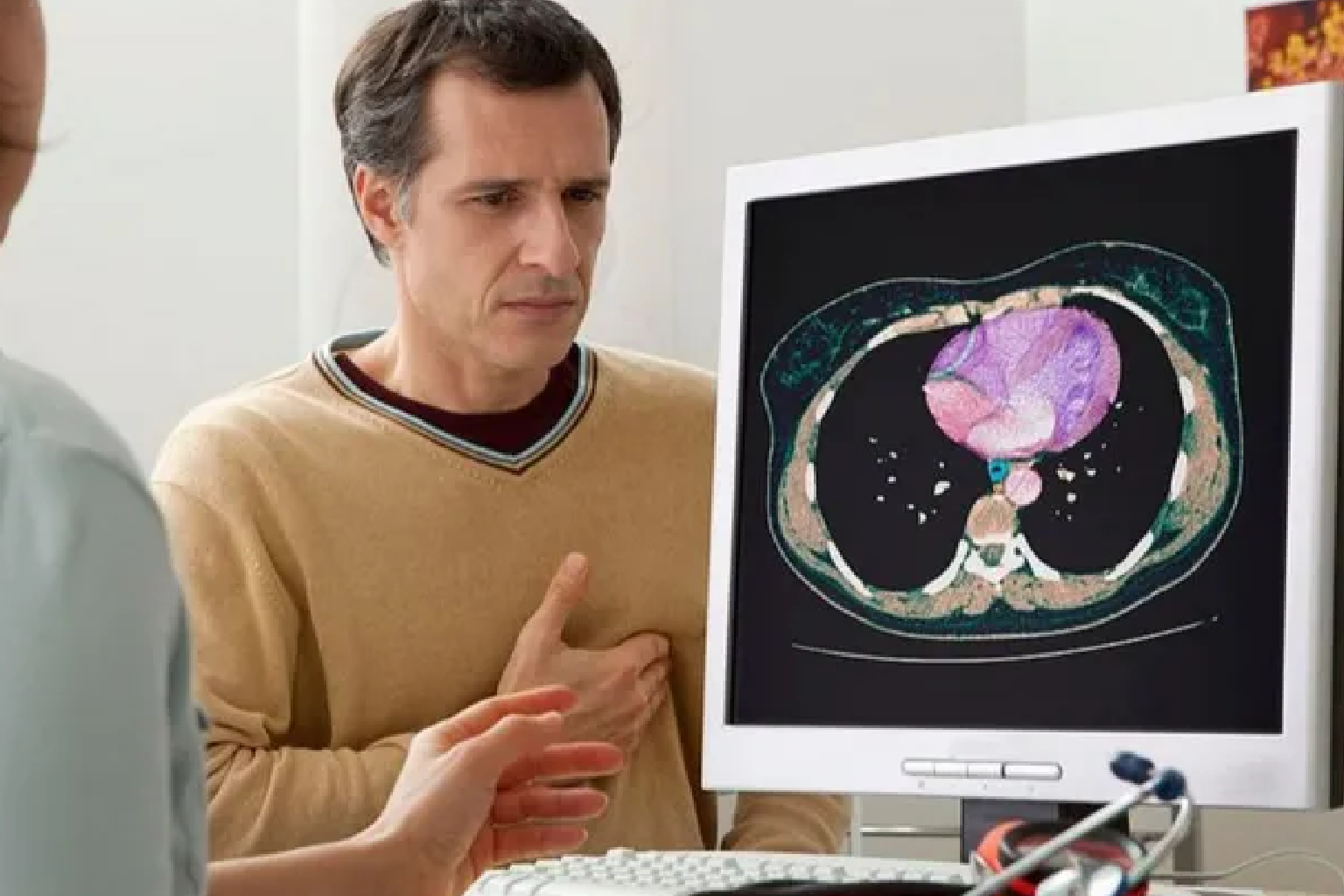
AI Innovation Detects Hidden Heart Attack Dangers: A Medical Game-Changer
Artificial intelligence (AI) model created by Caristo Diagnostics, a company spun off from Oxford University, can find people who are likely to have a heart attack within the next ten years.
This model is revolutionary according to scientists because it finds heart disease that can’t be seen on a computed tomography (CT) scan, which is a mix of X-rays and computers.
NHS England is helping to run a test program in five hospitals in Leicester, Wolverhampton, Oxford, Liverpool, and Milton Keynes. It was given, and a decision about whether it applies to the NHS will be made in the coming months.
The tech is also being used to stop diabetes and strokes. “It is transformative and game-changing technology because it is the first time we can watch biological actions that are not visible to the naked eye that happen before these heart narrowings and blockages form,” said Professor Keith Channon from the University of Oxford.
The pilot uses Caristo Diagnostics’ CaRi-Heart AI to look over the scan results of people with chest pain who were sent for a normal CT scan. Now, operators check and confirm a formula that shows there is inflammation and plaque in the coronary artery.
Researchers have found that having more inflammation also makes you more likely to get heart disease or a fatal heart attack. The British Heart Foundation (BHF) says that heart disease affects more than 6 million people in the UK, and the National Health Service in England spends £7 on treating it. Every year, about 350,000 CT scans of the heart are done in the UK.
According to the Orfan study released in the Lancet, which looked at 40,000 patients from Oxford Risk Factors and Non-invasive Imaging, 80% of them were sent back to their primary care doctor without any special treatment or preventative care.
People who had inflammation in their coronary vessels were 20 to 30 times more likely to die from a heart event in the next 10 years. 45% of these people were either given medicine or told to make changes to avoid another heart attack with the help of this AI technology.


